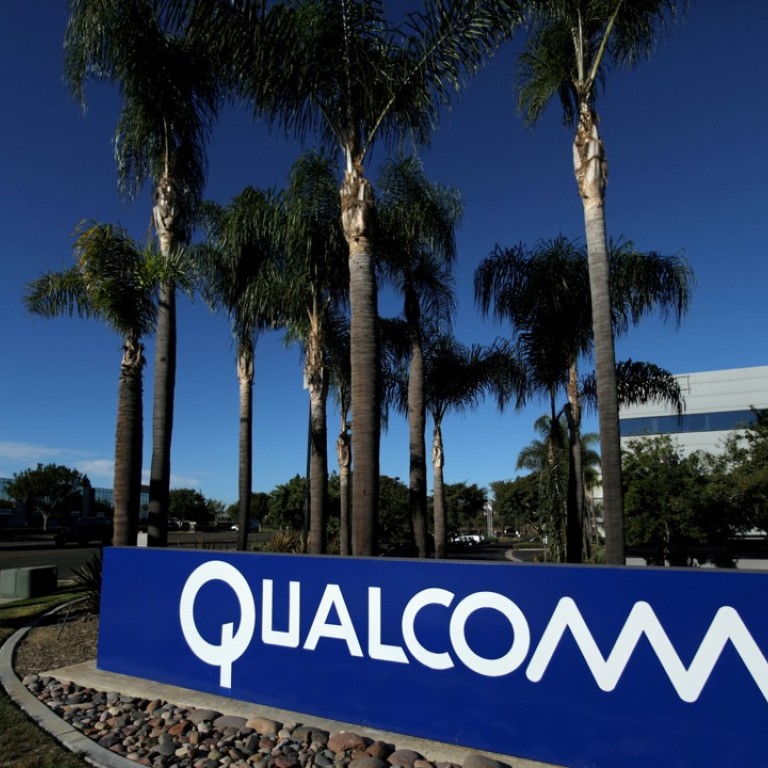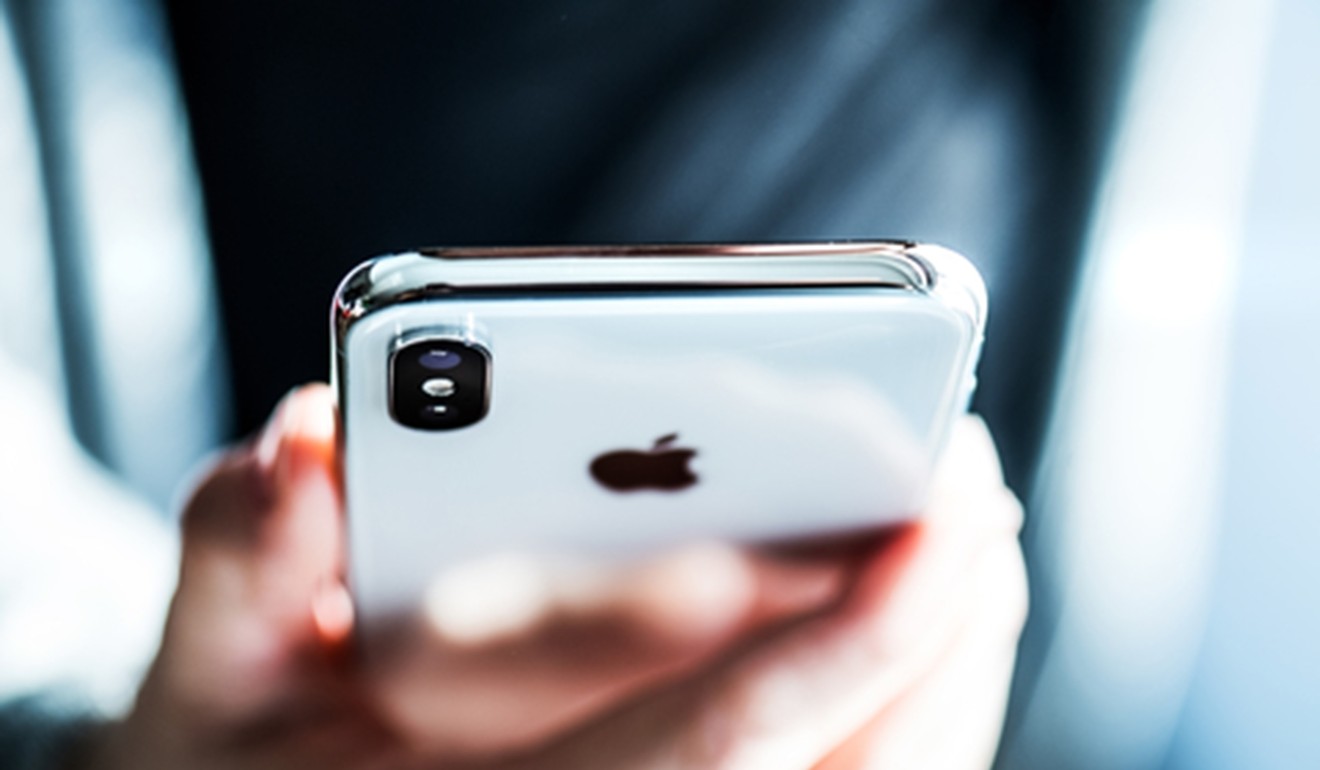
Testimony begins in Qualcomm’s bid to ban US imports of some iPhones
Apple’s iPhones are made by contract manufacturers in Asia and therefore can be targeted for an import ban, if Qualcamm’s bid is successful
A key step in Qualcomm’s punishing legal war with Apple began last week with testimony in the telecom equipment company’s bid to block certain iPhones from being imported into the US.
Opening arguments started on Friday in Washington in the first of two patent infringement cases that Qualcomm has brought against Apple at the US International Trade Commission. Testimony is expected to continue until Tuesday.
In this initial case, Qualcomm accused Apple of infringing on three patents related to power management, graphics processing and radio voltage administration in iPhones.
The company is asking the commission to ban the import of infringing iPhones that use cellular modem chips from Intel. That would include iPhone 7s and possibly additional, newer iPhone models running on AT&T and T-Mobile networks.

Apple’s iPhones are made by contract manufacturers in Asia and therefore can be targeted for an import ban. Qualcomm is not seeking to ban iPhones that use its own cellular radio chips, which are primarily sold on Verizon and Sprint networks.
In a pre-trial report, staff lawyers for the trade commission found that Apple infringed on the power management patent. The staff cleared Apple of infringement on the other two patents.
The administrative law judge in the case, Thomas Pender, is not bound by staff recommendations – though the findings sometimes carry significant weight.
Chinese regulators approve Qualcomm purchase of NXP for US$44 billion, sources say
This week Qualcomm will try convince Pender that Apple is infringing on at least one of the two patents rejected by staff lawyers while withstanding Apple’s assaults on the power reduction patent.
Even if Pender finds that Apple infringed, an iPhone ban is not automatic. To block imports, the ITC must also rule that such a move is in the public interest.
Pender is expected to make an initial ruling in mid-September. The full commission then would make a determination early next year. US President Donald Trump can overrule the commission’s decision.
Apple and Qualcomm are fighting over the amount Qualcomm charges to license its cellular patents. Apple stopped paying patent fees to Qualcomm early last year, which has hamstrung Qualcomm’s revenue, profits and stock price.
Apple contends that Qualcomm has concocted a scheme that leverages its market dominance in cellular chips to overcharge for patents and collect royalties on technologies it has nothing to do with inventing.
OnePlus 6 becomes Chinese smartphone maker’s fastest-ever seller as people turn on to design
Qualcomm counters that its technology, which enables high-speed wireless broadband to power apps, navigation and video streaming, is a top reason mobile phones are valuable to consumers.
The dispute shows no sign of ending – though upcoming rulings at the ITC and elsewhere could spur settlement talks.
Qualcomm has accused Apple of infringing on nearly 70 patents worldwide. Hearings are scheduled in Germany this fall. Several patent cases are pending in China. Testimony in the second US trade commission case, which involves five patents, is slated to start in mid-September.

